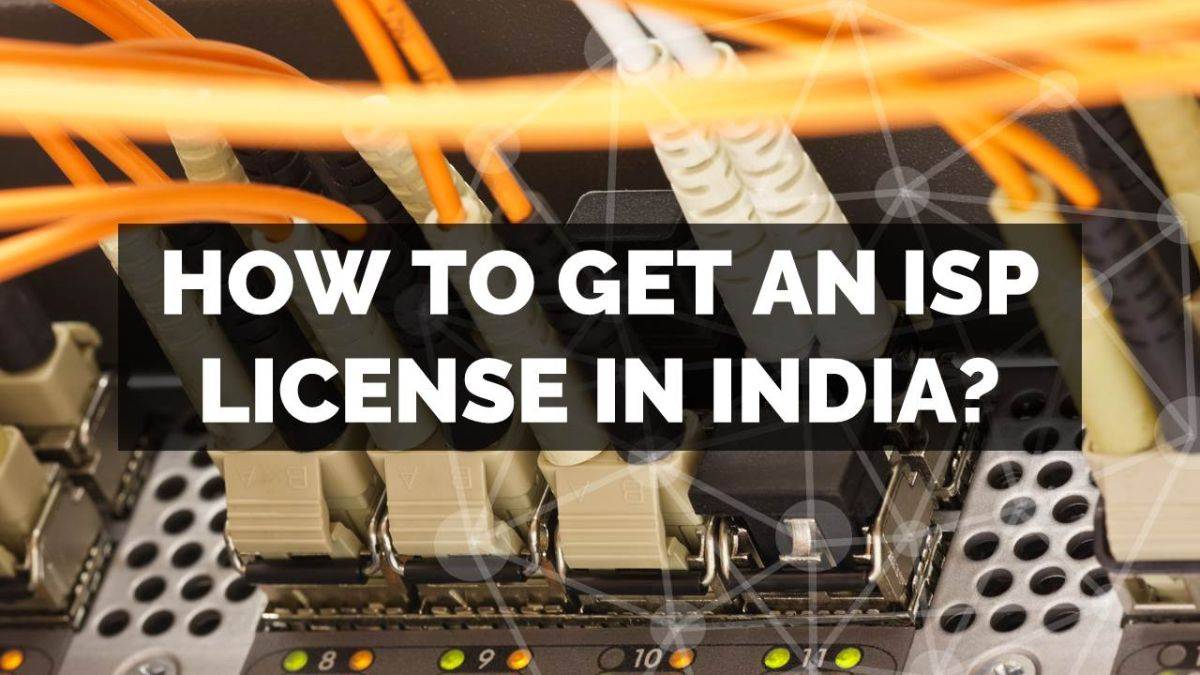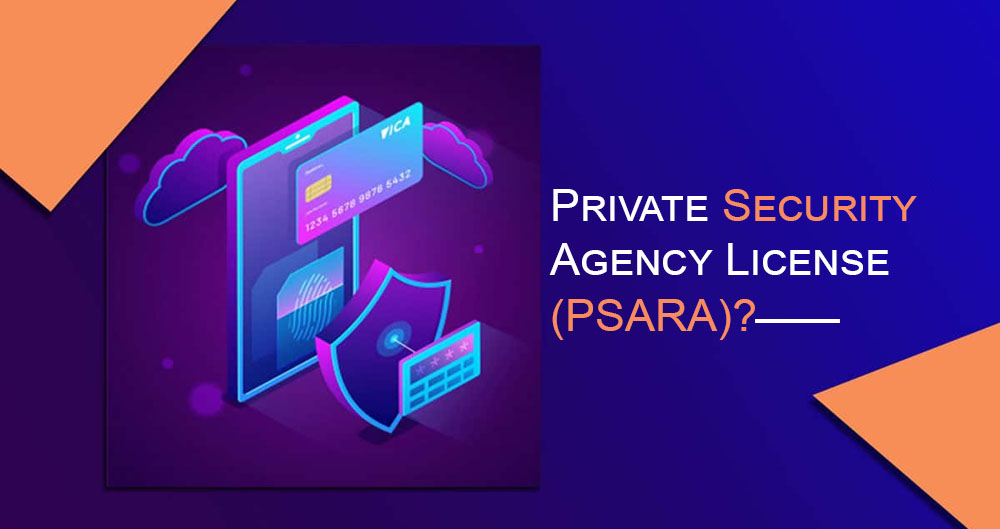Digital payment mode has worked in a big way and for the same reason a lot of Payment System Operators (PSOs) are coming up on the web. The initial push for digital payment came into being with the demonetization policy of the Government in 2016.
Now with pandemic ruling the roost the digital payment has got a bigger fillip.
RBI’s course of action for Uniform QR based payments
In the current scenario, it is convenient to scan a QR code and make payment for various kinds of bills. This kind of receptive formula has become a backbone for the digital payment portals in India. Today, each PSO uses an independent proprietary QR code to accept the digital payments.
It is to be noted that the Reserve Bank of India (RBI) had put in place a Committee under the aegis of Prof Deepak Phatak to analyze the present QR Code mechanism in India and to come out with a process for more compatible Codes. RBI had intimated the report of this Committee with several recommendations.
After thorough analysis of those recommendations, the following decisions have now been taken by RBI:
Presently, the 2 compatible QR codes – the UPI QR and the Bharat QR – will operate as at present.
All the Payment System Operators (PSOs), presently using their independent QR codes must soon be directed to adapt to one or more uniform QR codes, once such uniform system comes into force.
The procedure to shift towards uniform QR codes will happen by 31st March 2022. From now onwards, no proprietary QR codes will be created or utilized by any PSO to receive the online payment.
Here, RBI will perform the consultative part for integration and improvisation of such interoperable QR codes. This is to install the major features suggested by the Phatak Committee.
As such, the PSOs may also take the lead in spreading knowledge about such interoperable QR codes among their customers.
Note: These steps have been suggested to institute a strong and comfortable payment acceptance infrastructure. This will improve the user experience as a result of compatibility and system efficiency.
The suggestions for the single QR mechanism impinge on 4 aspects:
Interoperability & Scalability
Innovation
Security
Customer Awareness
QR for starters
The QR Code happens to be a 2D barcode that includes black squares assorted in a square grid with white background. Scanning devices such as barcode readers or smartphone cameras are utilized for reading and interpreting the QR codes.
There are 2 types of QR codes:
Static
Dynamic
Static: QR code which remains unchanged and is chiefly printed on paper. It has details regarding the payee, and the consumer should enter the amount after scanning.
Dynamic: The dynamic QR codes are drafted with a software and this can comprise more fields like the price amount.
So, the RBI now strives to eliminate all problems such as the lack of interoperability or compatibility of the QR codes, by suggesting remedies for organizing the QR codes.
Key aspects of a uniform QR mechanism
Interoperability & Expandability
The Proprietary QR codes hinge on closed loop mechanisms. This can create obstacles for the open, compatible payments ecosystem. So, RBI suggests a simple blueprint to totally rescind the proprietary loop QR codes with the new open and interoperable ones.
A unified QR code pertaining to every payment portal entails a deeper concentration risk in comparison to the individual Proprietary QR codes. So, RBI needs to drive the numerous interoperable QR codes e.g. Bharat QR or UPI QR to facilitate swift on-boarding of all types of merchants on digital payment platforms.
With regard to costing, it is felt that paper-oriented (Sticker) does not need any maintenance.
Innovation
RBI will focus on standardizing the digital payment apps. It will even gauge the network for the usual QR branding so that a regular and convenient experience can be materialized.
This apart, the offline QR code might be utilized for minor payments such as travelling, ticketing etc. This manner the QR codes will turn multipurpose in nature.
QR apps will now have extra features such as
Save QR,
Invoice relay through Dynamic QR,
Setting up e-Mandate
There is no requirement to open a fresh bank account for QR code on-boarding. Existing accounts will be sufficient as a valid merchant KYC for quick merchant on boarding. The acquiring bank of the merchant (on the basis of the payment size) may be furnished. This can increase the potency of merchant KYC.
The Bharat QR will come with the P2PM (Merchant treated as person) feature, which will enable rapid and convenient on-boarding of micro enterprises through their current bank account.
Bharat QR-specific measure: Inclusion of NBFCs and FinTech worries.
UPI QR-specific measure: Multiple UPI IDs may be permitted for a single recipient. If any UPI IDs does not function, then a different UPI–ID may also be utilized by the payer. backend
Safety:
These steps may be taken to secure payments:
Sign-up needs of Bharat QR codes might be assessed. Payer presented offline QR will be a signed in for dynamic QR code.
Security check and audit of the Application utilized for QR Code oriented payment must preferably be held by 3rd party entities.
Resolution of the merchant’s name has to be at the acquirer bank’s system.
Rules drafted for revoking / rotating keys utilized to sign static QR codes.
Consumer familiarization:
Every stakeholders must conduct education and awareness campaigns for QR code adoption.Multi-currency and Multi-language assistance to be explored for maximum traction among customers across the countries.
The online payment apps should provide clarity over data safety.
Consumer awareness for secure Wi-Fi usage for digital deals.
Documents needed for the Merchant KYC
Given below are the documents required for KYC of the merchants and for the payment aggregators (PA):
Use image
Benefits of Uniform QR code
Interoperability of several payment alternatives through common QR will be beneficial for all stakeholders of the ecosystem. This can reduce expenses and facilitate systematic risk management.
The good thing is that the QR codes can be installed swiftly even in any parts of the country and accessible to every type of merchant. They function as a Do it yourself (DIY) solution. The merchant will be able to download any payment app and sign up with ease. He can then start receiving online payments from his customers.
These days several Mobile banking apps are unified with numerous features such as Mutual Funds, Demat accounts, Insurance, NEFT, RTGS, IMPS etc. Currently, all banks perform thorough assessment according to its internal compliance norms. Here, a QR Code can serve the purpose of a 2nd factor authentication for every future online transaction.
QR codes will come with the multi-currency and multi-language features for international transactions. Highlighting of payment particulars such as Merchant’s Name, Tip or Convenience Fee, Transaction Amount, Terminal ID, Location etc. in a local vernacular and native currency will increase the customer belief.
In the end
Regulatory assistance is a must for seamless progress of the Uniform QR code mechanism. Over here, RBI will in all probability implement these measures to enhance the uniform QR code system:
RBI may draft a transparent plan to totally eliminate proprietary QR codes for new open, compatible ones.
Accordingly, the RBI may issue relevant norms regarding refurbished KYC process for swifter merchant on boarding.
The Regulator may also draft fresh guidelines regarding common registry to facilitate digital payments Apps to check and verify the recipients.
This kind of mechanism could be executed by the Government by permitting a less controlled interchange instead of cutting down MDR charges on QR code to 0.
Government may even provide certain tax incentives to the merchants with the common QR code. This will enhance electronic transactions and give a good push to Digital India initiative.
RBI may permit the Offline QR codes for various kinds of modest payments such as transit or travel bills, ticketing etc. This will also increase the use of QR code.
This apart, a Security test and audit may be carried out of the Apps utilized for QR code-based payment service provider (PSP).









